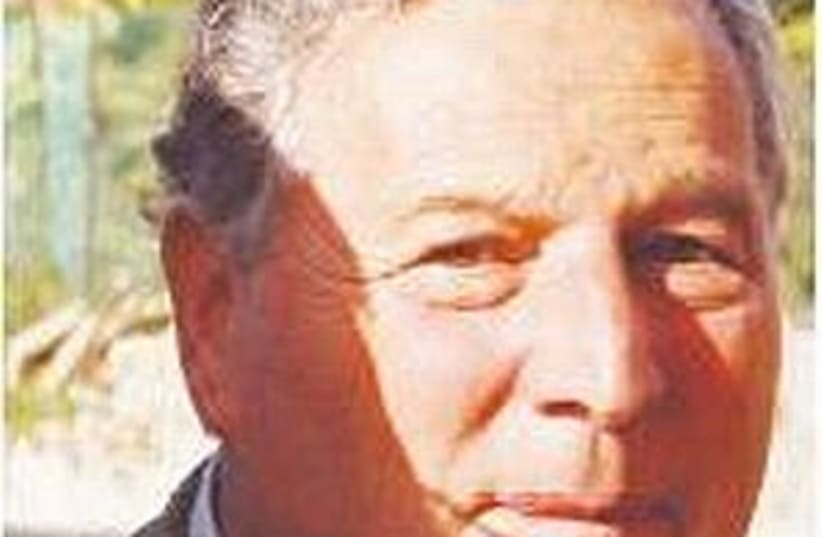| More about: | Africa, South Africa, Ariel Sharon, Elyakim Rubinstein |
S. Africa: Cooperating with Kern probe
Mazuz intends to continue investigation despite upcoming elections.


| More about: | Africa, South Africa, Ariel Sharon, Elyakim Rubinstein |